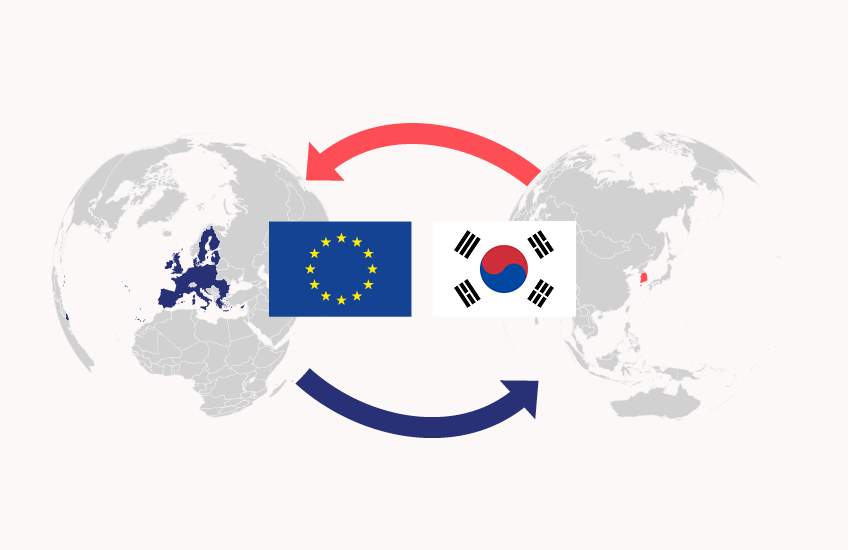
EU-South Korea FTA: A Ten-Year Perspective
2021 marks the tenth anniversary of the entry into force of the free trade agreement (FTA) between the European Union

2021 marks the tenth anniversary of the entry into force of the free trade agreement (FTA) between the European Union
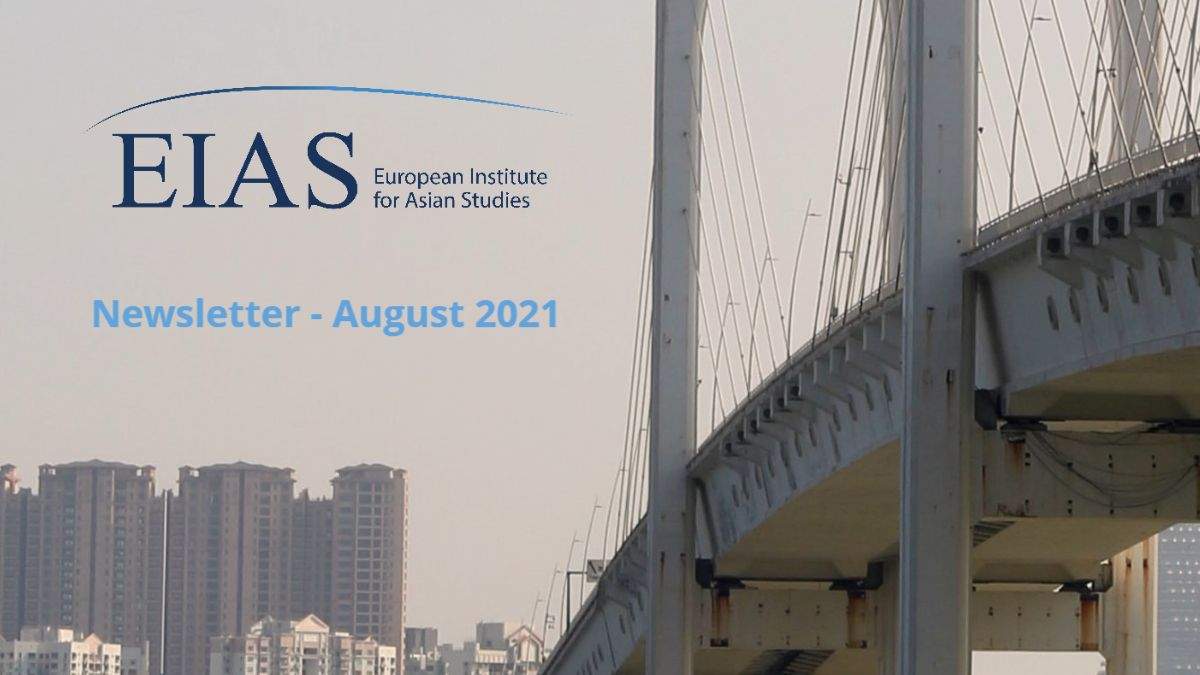
Dear EIAS friends, The EIAS team is delighted to present its August 2021 newsletter, in which you can find our

2020 has presented the planet with a globalised crisis that has put countries to the test worldwide. In these difficult
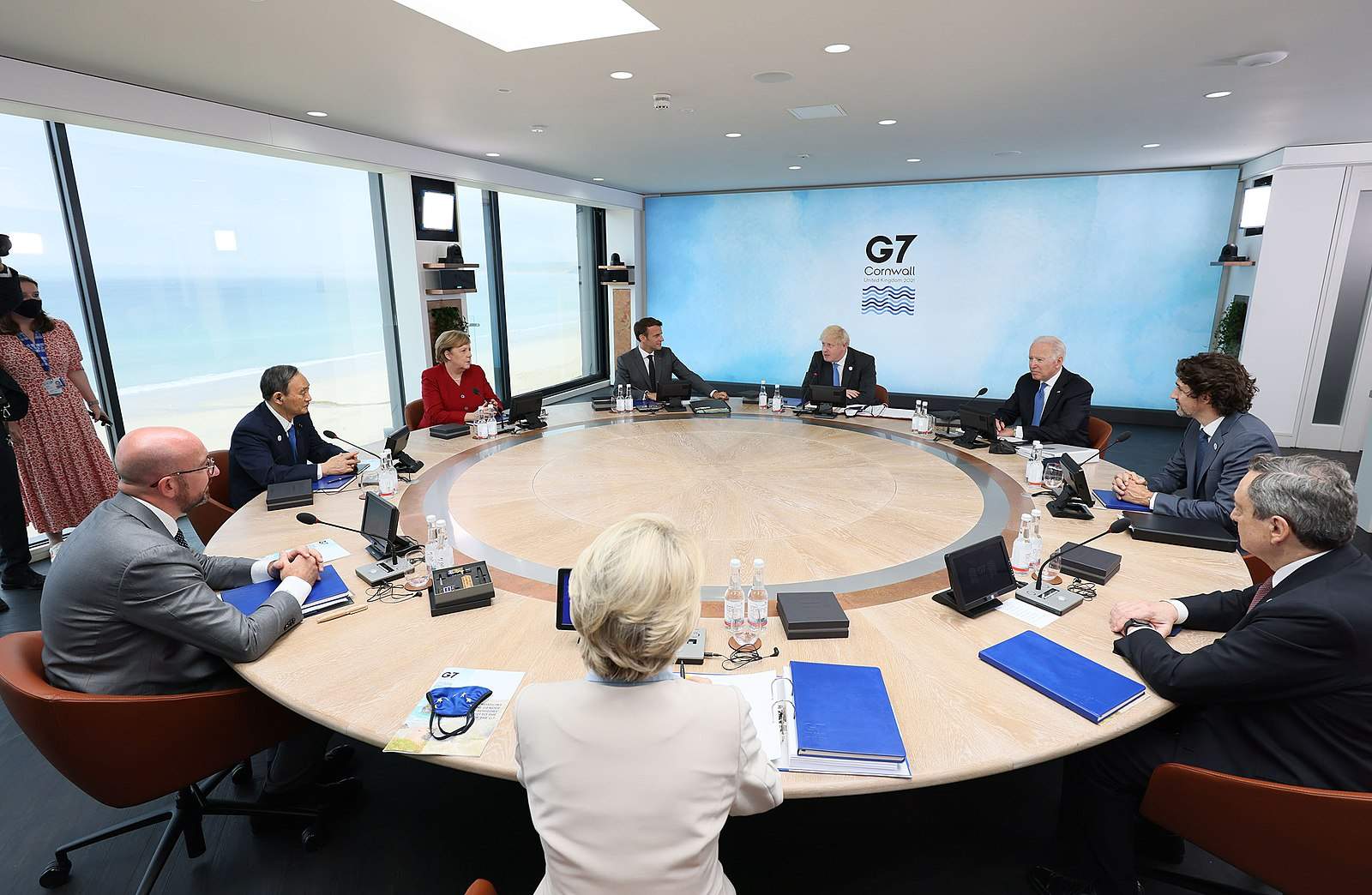
The 47th G7 Summit was held in Cornwall (UK) from 11-13 June 2021. After a year of unprecedented uncertainty and tragedy due to the Covid-19 pandemic, G7 leaders met to discuss joint actions to fight the spread of the pandemic collectively, stop climate change and help economies recover. They pledged to make 2021 the year of multilateralism’s renaissance.

The February 2021 coup in Myanmar led to the overthrow of the existing government and served as a catalyst for increased violence and deteriorating humanitarian conditions country-wide. What is the existing contribution of the international community, including the EU, and how can Brussels improve its response to better tackle the humanitarian and security implications of the current crisis?
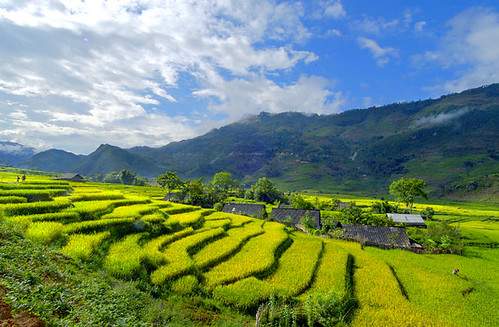
As water scarcity in China rises, so does its need for radical policy change. How can a mutually beneficial solution be found through collaboration with the EU?
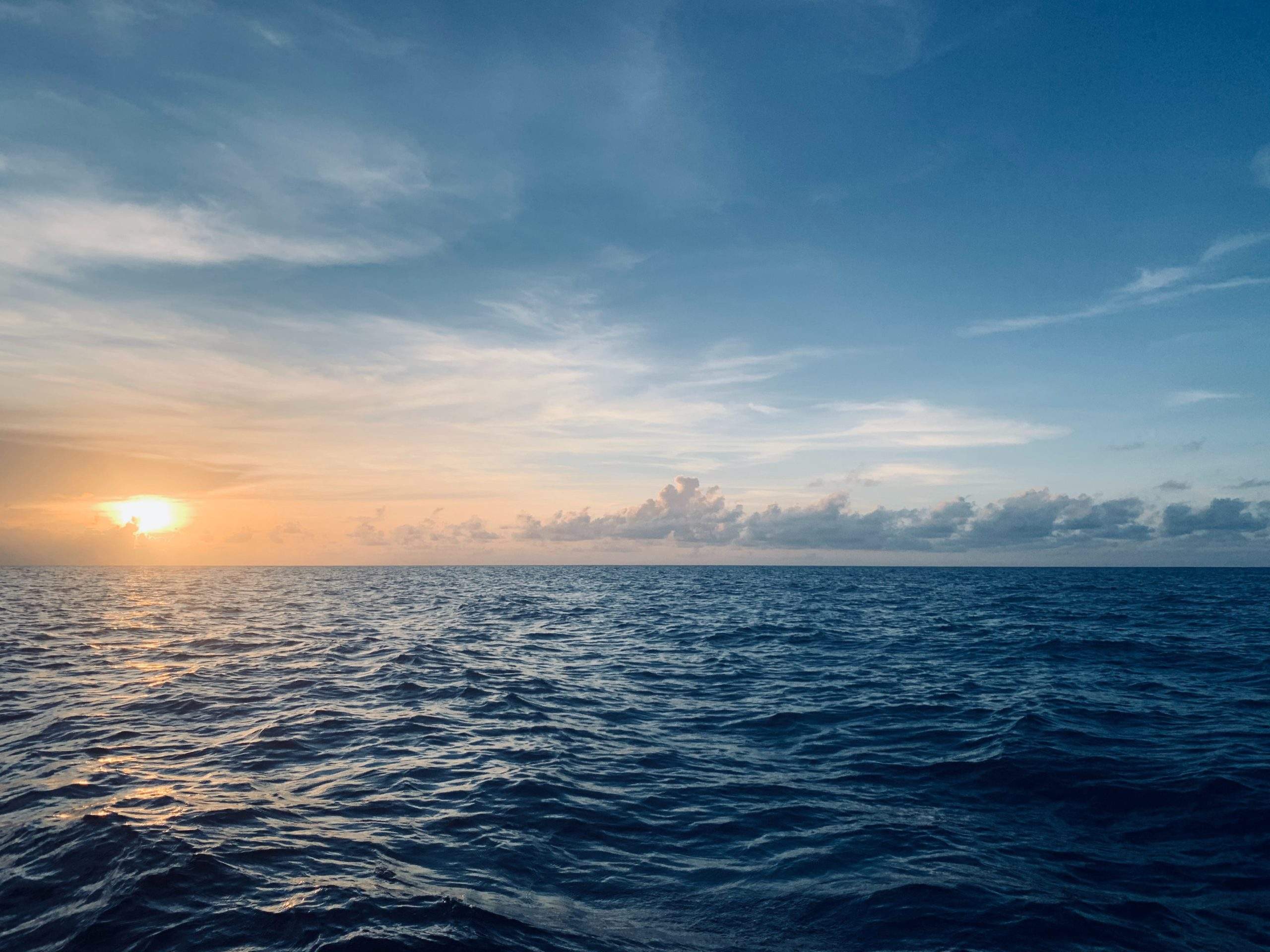
The Indo-Pacific, lacking all-encompassing security structures such as an “Asian NATO”, is facing rising tensions, including geopolitical rivalries, contested territories and territorial waters. To face this new environment and become strategically autonomous, the Council of the European Union published its EU Strategy for cooperation in the Indo-Pacific.

The Investment Court System (ICS) in the EU-Vietnam Investment Protection Agreement is interesting, but does it solve existing issues around international investment arbitration?

North Korea faces severe deforestation and environmental threats. Could Climate Diplomacy be a way for the EU to re-start its dialogue with the isolated country?